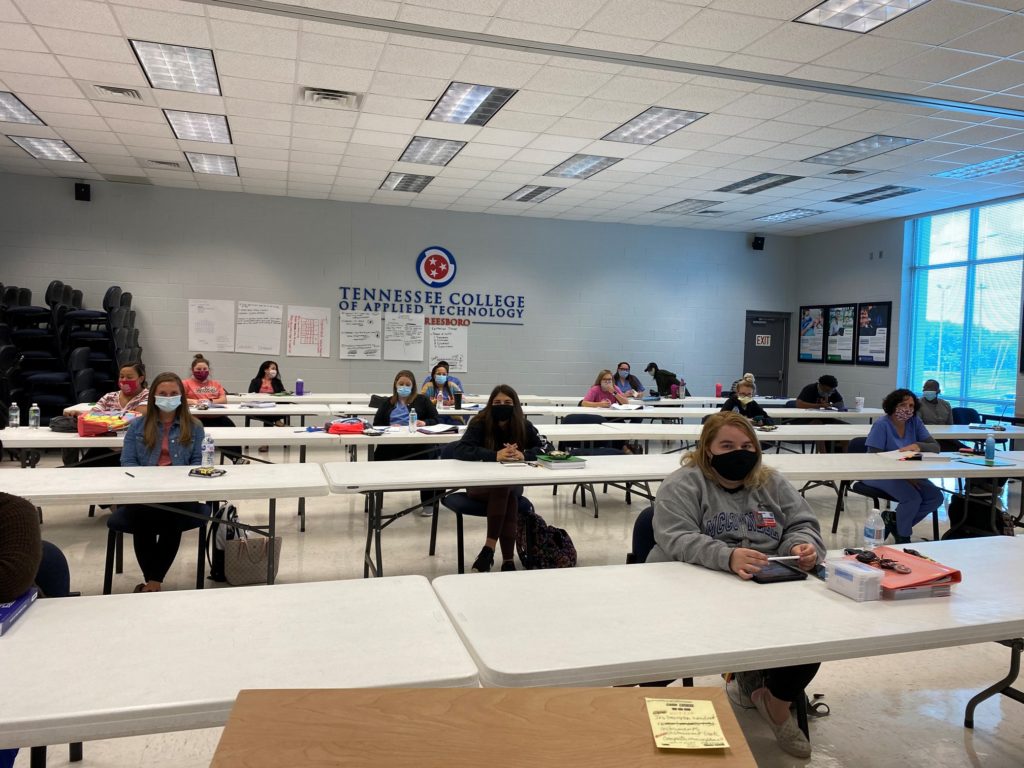
Tennessee’s colleges of applied technology are getting some outside help to address education inequity. That’s thanks in part to the Tennessee Board of Regents expanding an existing community college partnership with national nonprofit Achieving the Dream.
“During such a challenging time, it’s more important than ever to meet uncertainty with resilience, innovation, and a deepened commitment to student success and equity,” says Karen A. Stout, president and CEO of Achieving the Dream.
The nonprofit will be providing the state’s 27 TCATs with data and leadership coaches to help them close student success and achievement gaps.
“Our community colleges have benefitted by working with Achieving the Dream,” says Wendy Thompson, TBR’s vice chancellor for organizational effectiveness, “especially as it relates to understanding the issues involved.”
Technical colleges aren’t often promoted as legitimate post-secondary education options. This is despite these schools having higher success rates than the state’s community colleges.
During the 2018-2019 academic year, TCATs had an 82% completion rate. Nearly 90% of their students were also placed in jobs. This fall, technical colleges saw a 3% increase in enrollment while the number of community college students declined by 11.5%.
Eliminating stereotypes and supporting students of color
Oftentimes, TCATs are seen as less prestigious, post-high school options, or programs are seen as appropriate only for a certain gender. The new support network will help schools get rid of some of those beliefs.
“If you’re a woman you can go into welding. If you’re a man you can go into nursing. That’s why we need [this program] at the TCATs,” says Thompson. “We need to open those programs up to make sure they’re accessible to everyone.”
Thompson says, in particular, the new initiative will help technical colleges better support both low-income and students of color. She says the goal is to help them not only excel academically, but transition into high-paying careers after graduation.
Compared to their peers, generally, Black and Latino students are less likely to earn higher education degrees. In technical programs, however, Thompson says there has been a decrease in achievement gaps.
“Our students of color are, by and large, succeeding at the same rates at the TCATs as other students are,” says Thompson.

